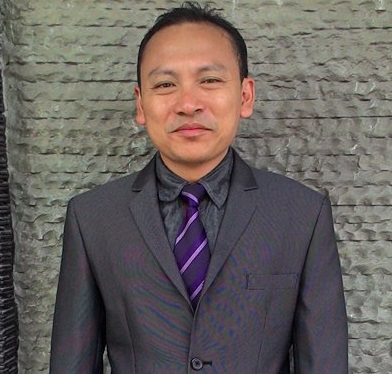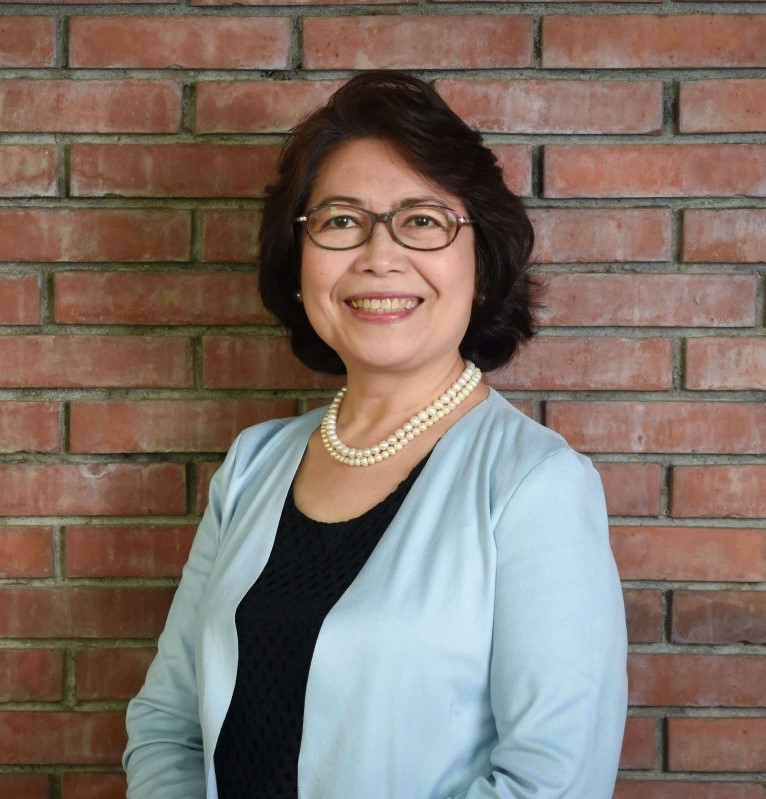Plenary Speakers
Adam Jaworski
Professor of Sociolinguistics, University of Hong Kong, Hong Kong
Three-dimensional language objects in unequal urban
spaces
In many parts of the world, urban
regeneration and gentrification have brought to prominence new forms of
displayed language, for example, in the form of commercial signage (Trinch and Snajdr, 2018), public art, and decorative “language objects” (Gonçalves, 2018; Jaworski, 2015). In this paper, I specifically focus on publically emplaced 3D-place names, such as the “Hollywood”
sign in Los Angeles, that do not function as indexes of place; rather they are metonyms of place heavily invested in the cultural production of
the tourist–consumer experience. Following a Social Semiotic (Kress and van Leeuwen, 1996) and
Geosemiotic (Scollon and Wong Scolon, 2003) analysis of the affordances of these language objects, I suggest
that, for the most part, they manifest an egalitarian stance styling the
tourist–commercial areas of their
emplacement as accessible, inclusive, and ludic. However, they also stand in
contrast to this democratizing ethos, as the regenerated and gentrifying urban
spaces sustain rather than alleviate economic and class inequalities
fragmenting cities into ‘mosaics of polarized
geographies’ (Mac Giolla Chríost, 2007: 10).

Handoyo Widodo
Associate Professor, King Abdulaziz University, Jeddah, Saudi Arabia
Mainstreaming
Global Englishes (GE) in Language Materials Design
In contemporary English language teaching (ELT) practices, native
speakerism and standardized English discourses remain prevalent or
institutionally legitimized where English language learners are benchmarked
against native speaker-like or Common European Framework of Reference (CEFR)-based
language proficiency, for example. This benchmarking trivializes the complexity
of English language learning in contexts where English is not widely spoken or
officially used in multicultural and plurilinguistic encounters. This case shows
the socio-politically dominant discourses of native speakerism and
otherness-oriented language standardization in an educational landscape. These two
discourses are still adopted in English language materials design where
assessment-type learning tasks become typical coursebook activities. To add to
a growing body of research on Global Englishes (GE) in English language
education, I would like to talk about the integration of GE into language
materials design. The goal of this plenary talk is to propose a nuanced way of
designing GE-based language materials from a critical ecological perspective.
To begin with, I talk about the reconceptualization of Global Englishes in an educational
territory. Then, I move on to sketch out a critical ecological framework for
designing GE-based language materials. Finally, I will exemplify GE-based
language learning tasks where I experimented with my students. I argue that
language materials design should go beyond native speakerism and
CEFR-benchmarking discourses. Contextually-sensitive language materials design
should be encouraged.
Maria Luz Vilches
Vice President for the Loyola Schools, Ateneo de Manila University, Philippines
In an era when English has been spreading
exponentially (Crystal, 1997; Graddol, 1997, 2006), a development linked to
economic expansion and greater access to knowledge, the role of competent
teacher trainers is crucial in facilitating teacher development programs (Burns
and Richards, 2009) that can enhance expertise among English teachers so that
they can respond more fully to the pedagogic demands of global English.
However, relatively little is known about the process of becoming a teacher
trainer. This paper reflects on the experience of four skillful English
teachers in the Philippines as they learnt how to become teacher trainers in
the Primary Innovations Project (PIP). First, I shall give an account of PIP
against the background of English teacher education in the Philippines,
including a profile of the participants of the study - the Primary Trainers of
Teachers (PToTs), and an analysis of PIP content and procedures. Then I
describe the PToTs’ experiences of becoming trainers, particularly how they
accessed their teaching and training skills and what they learned from such
experiences, based on a small-scale inquiry I undertook. I conclude by
extracting learning points from the reflection on PToTs’ experiences in
relation to the dynamics of ELT trainer development processes and by discussing
the implications for the development of thinking on professional learning and
the training of teacher trainers.

